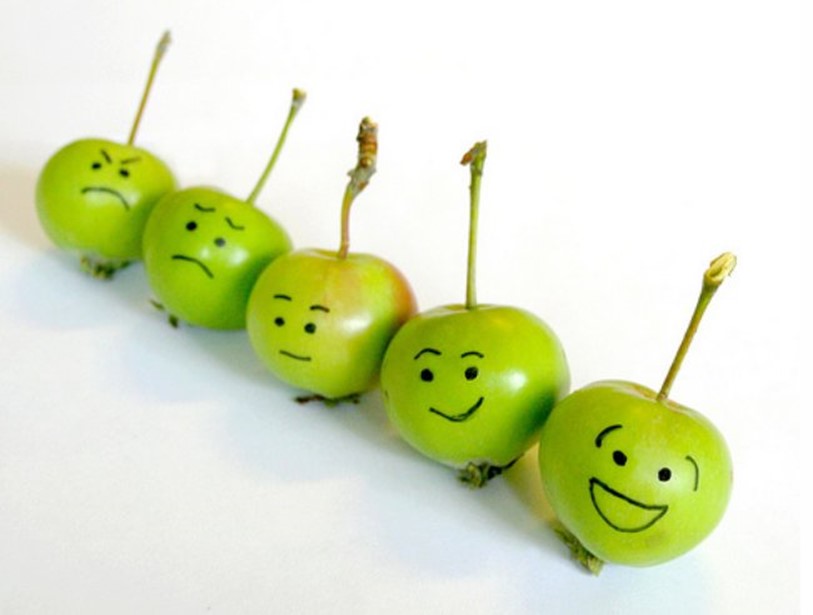The Economics Of Helping The Government Find A Criminal
April 7, 2015 in Daily Bulletin

On Reddit’s “Explain Like I’m Five” sub-reddit, user romanapplesauce asked how a reward for providing the authorities with information that leads to somebody’s capture works. Highlights of the responses include:
- The rewards are on a first come first serve basis. If ten people give the same information then the first person to come forward with it will get the money.
- An “up to” amount is specified so that if a couple people come in with different pieces of useful information the reward is split between them.
- The amount of the reward might be weighted by the usefulness of the information so that the most helpful tip is awarded the most cash.
- If the person who is captured is then acquitted by a court of law, the person who provided the information is still eligible for the award.
- The money is taxable income and must be declared to the IRS.
The information is unsourced so if you’re planning to do something based on this, maybe talk to a lawyer first, just in case? The full discussion is wide ranging and covers many other topics including the why governments offer a bounty in the first place and much more. Read it here.
Source: Reddit

















Join the Discussion! (No Signup Required)